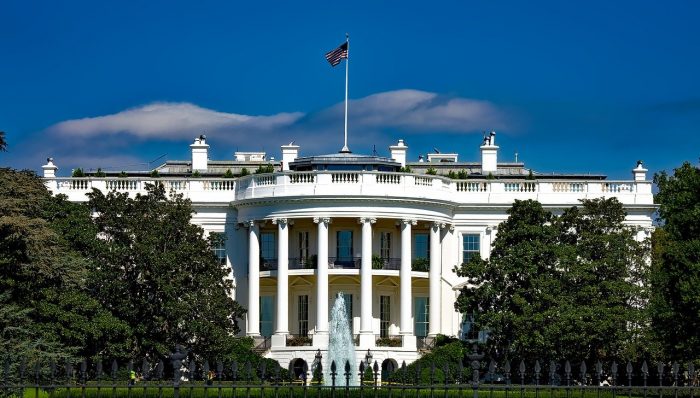A new bulletin addressing revisions to the Older Adults Protective Services Act (OAPSA) has been released by the Commonwealth Court. This bulletin specifically focuses on clarifying the legal standing of certain provisions, notably the “lifetime employment ban” for individuals with criminal convictions. Enacted in 1987, OAPSA aimed to protect Pennsylvania’s older population from exploitation, neglect, and abuse, establishing a program for their safeguarding, including those in mental health inpatient and residential facilities. However, subsequent amendments in 1996 introduced a permanent employment ban for individuals convicted of certain crimes. Despite this, a 2015 ruling by the Commonwealth Court found this provision unconstitutional, citing violations of due process guarantees under the PA constitution.
The full bulletin, titled “Bulletin OMHSAS-24-03 Employment Bans in OAPSA,” can be accessed here. Further inquiries regarding OMHSAS-24-03 can be directed to OMHSAS via email. You can also contact RCPA Policy Director and COO, Jim Sharp, with any additional questions.

















